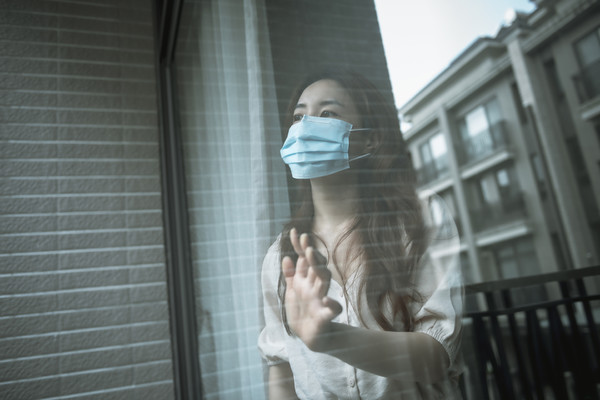YBrain said on Wednesday that it has received local approval for an electroceutical head wearable to treat depression. An electroceutical, combined from electronic and pharmaceutical, refers to a device that stimulates brain nerves.
The Ministry of Food and Drug Safety granted the first-in-class indication for YBrain’s electroceutical to improve major depressive disorders and symptoms. The electroceutical prescription prevents drug misuse/abuse and allows treatment at home.
YBrain said it completed the phase-3 clinical trial of the electroceutical as monotherapy for at-home treatment in September, which the company said was the first time in the world.
The study evaluated the efficacy and safety of transcranial direct current stimulation (tDCS) in 65 patients with mild to moderate depressive disorder to improve depressive symptoms.
The results showed that 57.4 percent of the participants, and 62.8 percent of those who complied with the protocol, recovered their depressive symptoms to the normal level.

2020 tDCS guidelines, published by an international journal under Collegium Internationale Neuro-Psychopharmacologicum (CINP), stated that evidence for the therapeutic effect of YBrain’s electroceutical was Level A, or effective.
YBrain expects that its tCDS device will pass the regulator’s review on new medical technology as monotherapy for depression treatment.
The company said it would apply for the U.S. FDA’s De Novo process. The FDA uses the process to review approval for new medical devices that assure safety and effectiveness.
“We are the first in the world to commercialize an electroceutical platform as a monotherapy that can be applied to hundreds of patients simultaneously for treating depression,” an official at YBrain said.
As a non-medication treatment, the electroceutical can provide a new treatment option to patients who are struggling to treat depression due to the limited efficacy and various side effects of existing antidepressants, he went on to say.
Especially when Korea ranks first in the suicide rate among OECD members, the new device will help solve medical and social problems. Koreans hesitate to visit a mental health institution to treat depression, he added.
The Korean NeuroPsychiatric Association covered tCDS as a major topic in its spring conference on April 8. KNPA’s 2021 Korean-type depressive disorder treatment guidelines mentioned tCDS as a complementary and new treatment technique.

